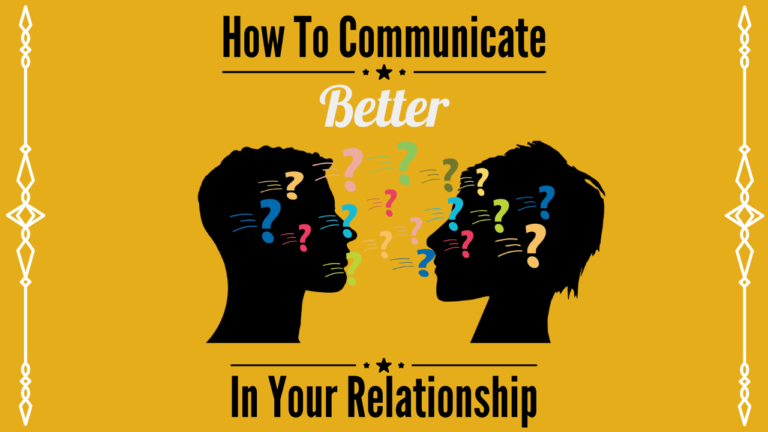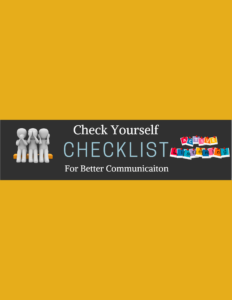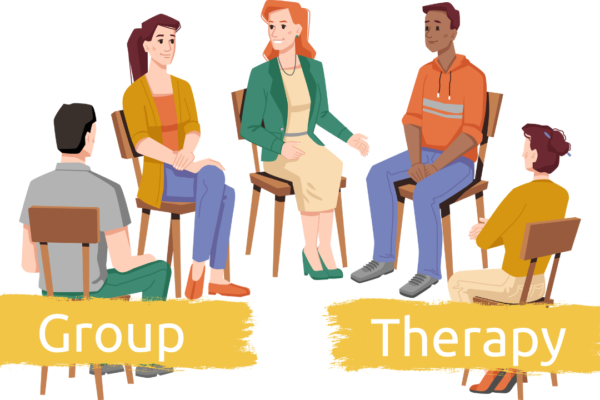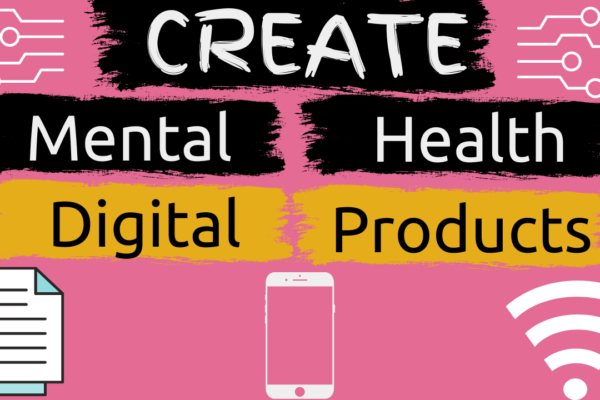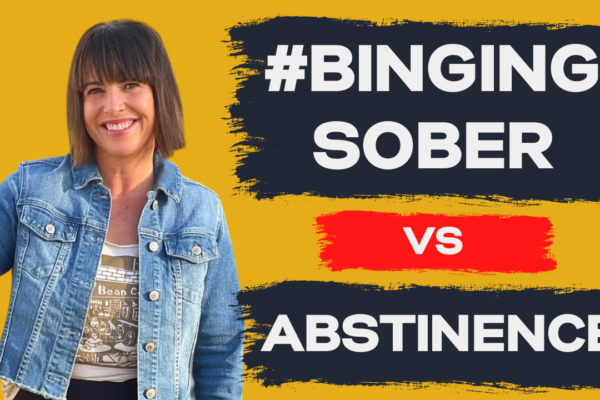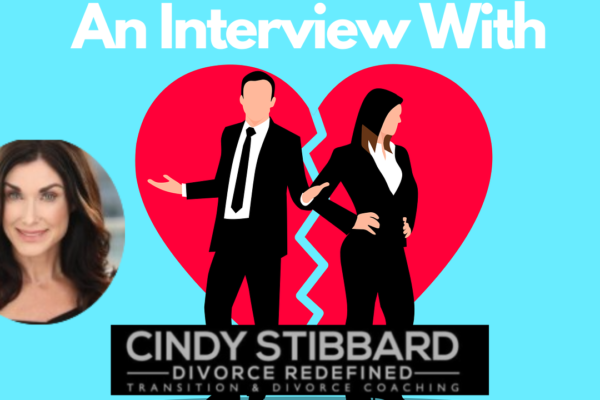Do you want to know how to communicate better in a relationship? Then stick around.
Because in this episode of the mental Health Toolbox I play guest on the Mindset of Steel.
A live YouTube show hosted by Fernando Sosa. You can learn more about his work here: https://www.mindsetofsteel.com/
This was an online summit five-day relationship challenge, which I was invited to speak at last year, but you can still watch the replays from all the speakers by visiting www.mindsetofsteel.com/relationship.
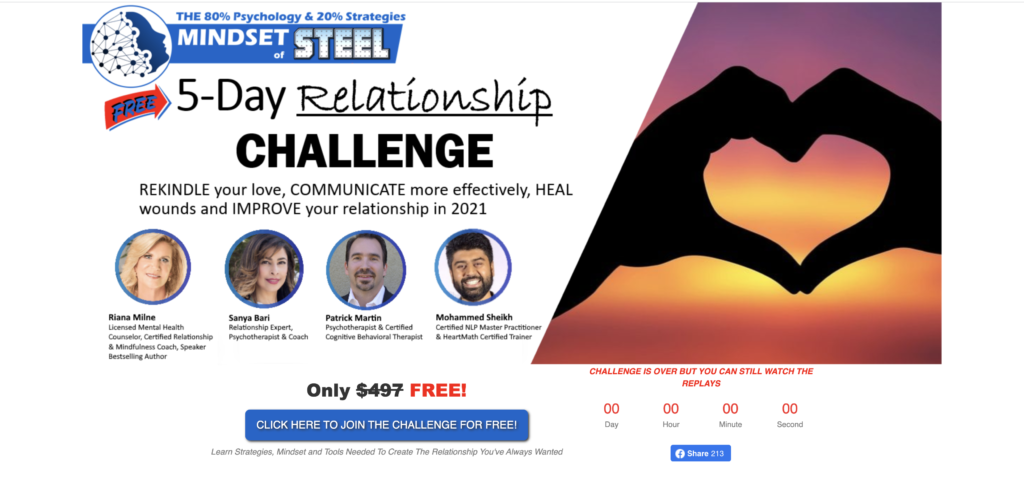
And if you would like my free check yourself, checklist on better communication, be sure to check out the link in the description below to get your copy here: https://thementalhealthtoolbox.com/check-yourself-checklist-for-better-communication/
Table of Contents
MHT TAKEAWAY TIPS
- -Effective interpersonal communication is a life-skill that we customize to our personal relationships.
- -We cannot change others, only the way we respond, and others change by proxy (Chess).
- -Reflected appraisals. We behave based on how we believe we are perceived by valued others. In relationships it is easy to lose individuality in effort to appease the other.
Relationship Problems and Pitfalls: The Usual Suspects:
- Lack of commitment — 75%
- Infidelity or extramarital affairs — 59.6% …
- Too much conflict and arguing — 57.7% …
- Getting married too young — 45.1% …
- Financial problems — 36.1% …
- Substance abuse — 34.6% …
- Domestic violence — 23.5% …
- Health problems — 18.2%
-Reference: NCBI: National Center for Biotechnology Information
General Guidelines On How To Communicate Better In Your Relationship-why, where, how:
STEP-1: ID RELATIONSHIP GOALS (stage of life/status) (THE WHY)
-Project ideal relationship/mental priming (single, dating looking to get serious, repair or elevate current committed relationship).
STEP-2: ID (YOUR) TARGET BX (THE WHERE)….Overgeneralizing; aggressive/passive communication; wound-collecting; withholding affection.
-this speaks directly to the desired change (defined problem)
STEP-3: OPERATIONALIZE THE DESIRED CHANGE (THE HOW)
-goal pacing
Communication Strategies For How To Communicate Better In Your Relationship:
-contentment is not: complacency (7-year itch anyone?): Dream together; court, grow, pursue!
-Watch your: contingency thinking (mental ultimatums, IFTT) (unfair)
-Beliefs are solidified by: emotionally reinforced impressions (patterns that verify fears/assumptions). Challenge them for validity. If something is perceived to be real, it is often real in its consequences, at least in regard to relationships.
-Real change occurs through pattern disruption (second order change). Meaningful change/lasting change that has impact on bx exchange and quality of life.
-Seek to understand before: being understood…seek understanding vs blame.
***-Active listening IS: both non–verbal and verbal.
***-Find the fear. This is the root of anger, which is based in anxiety.
***-Assertiveness is defined by: the ability to accurately communicate your thoughts and feelings (positive or negative) truthfully, with a relaxed demeanor, and with respect for the other person.
-IRON SHARPENS IRON: KEEP THE MAIN THING THE MAIN THING!
-Maintain an attitude of: gratitude- be proactive in identifying daily exceptions to complaints.
****-Consider what are your relationship: assumptions and rules.
We all have rules that dictate our behavior within relationships. My rules may differ from you rules. Some rules are more helpful than others, and some are debilitating.
Like all rules, relationship rules stem from assumptions about how the world around us operates, and those assumptions stem from our core beliefs.
Core beliefs stem from early life experience.
Exercise: Write it out
-Consider what are your relationship assumptions and rules?
-It helps to think about your negotiables, and non-negotiables. Your value system. Where are your boundaries?
-Consider your life experiences. What experiences contributed the most to your current rules?
-How have these identified rules served to protect you?
-Do these rules encourage assertive communication?
-Start practicing your active listening skills with a safe person you trust. Perhaps do some role playing.-watch my video on communication skills: https://youtu.be/WSg9Zm1Qby4
Want to learn more? Check out my top picks for books on self-improvement and recovery HERE!
NEED CRISIS HELP? If you need immediate crisis help with your depression, you can call the National Suicide Prevention Lifeline at 1-800-273-8255 or text “START” to 741-741
OUTSIDE THE UNITED STATES: See International Suicide Hotlines
WHERE TO FIND MENTAL HEALTH HELP:
-NAMI Referral Helpline: 1-800-950-6264
-California’s Statewide Mental Health Helpline: 1-855-845-7415
ASK: If you have a question you’d like me to answer here on the blog (even if you think it’s a silly one!), please use the form on the CONTACT ME page, or the comment section below. I would be happy to take a poke at it and provide a long form answer when appropriate.
SHARE: Also, be sure to share it with a friend, as there is still a lot of work to be done in raising mental health awareness.
SUBSCRIBE to get your FREE MOOD TRACKING TOOL and quick Mental Health Hacks in addition to this newsletter. Sign-up with the form below.
[mc4wp_form id=”142″]
admin
Latest posts by admin (see all)
- How to Build a Referral Engine Without the “Hustle”: - January 12, 2026
- ADHD Tips for Therapists | with Dr. Jennifer Dall - May 28, 2025
- Why Therapy Fails Men (And How to Fix It) – Insights with Marc Azoulay - May 11, 2025

